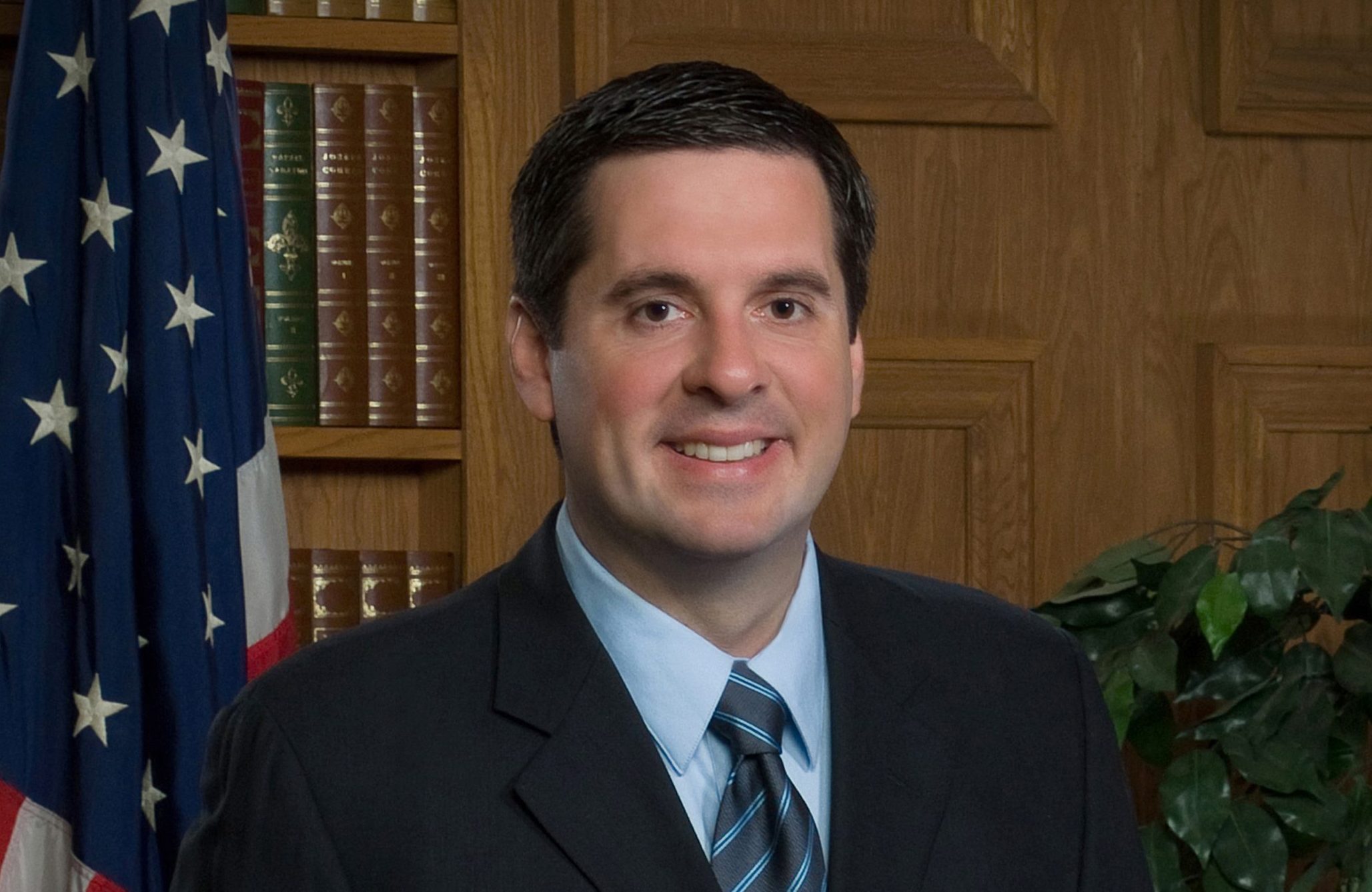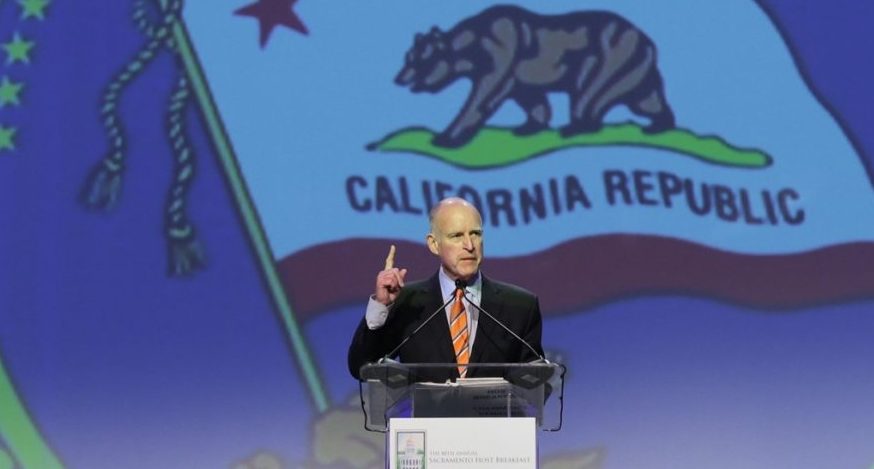
Our Lady of the Wayside Church, Portolla Valley, CA. (Photo: Public Domain)
Without an Annual Audit for Last 3 Years, Portola Valley Embarrassed by WSJ
Delinquent annually required audits are a sure sign of a mismanaged city
By John Moorlach, November 1, 2024 2:16 pm
The last thing a subscriber wants to see in The Wall Street Journal is their city being taken to task. This just happened to the city of Portola Valley. Residents saw the following opinion headline: “The Billionaire Town in California That’s Going Broke – Public unions and housing mandates sock a San Francisco Bay area town full of the rich and famous.”
With better resident involvement, this headline would not have happened. All interested Portola Valley citizens needed to do was demand that the city be timely in obtaining its annually required audit by an independent Certified Public Accounting firm.
There are 101 cities in Caltrans District 4 and Portola Valley is the only one that has not completed and issued its 2021 annual comprehensive financial report (ACFR). How embarrassing is that? This audit should have been released around the end of December 2021. It’s nearly three years late! Delinquent ACFRs are a sure sign of a mismanaged city.
With 482 incorporated cities in California, how is one to know about the financial well-being of their place of residence? With an opportunity to vote for city council members, how does one determine how the incumbents are doing?
There are two tools available, both provided by the California Policy Center. The first are area rankings. They are first published in The Epoch Times and then posted at the Center for Public Accountability. Since Portola Valley is holding up the other 100 cities in the Bay Area, the most recent rankings are for the fiscal year ended June 30, 2020, found at Which Bay Area Cities Need to Improve Their Fiscal Status?
The ranking is based on the unrestricted net position for governmental activities which is then divided by the city’s population. This per capita amount yields an approximate measure of net worth while accounting for the size of each city’s population.
Because too many of California’s cities fall into the laggard category, the last ranking of all the cities was done with a few assumed amounts for delinquent cities based on prior year’s data. This last listing was provided with Sen. John Moorlach’s 2019 Financial Soundness Rankings for California’s 482 Cities,
For the 2020 Bay Area rankings, Portola Valley was in 20th place out of 101 cities. For the 2019 statewide rankings, it placed 85th out of the Golden State’s 482 cities. This is not a bad place to be.
So what happened? According to The Wall Street Journal, most of Portola Valley’s general reserves are committed to paying retiree benefits thanks to overextended union contracts, and the town is “paying millions for consultants to comply with California’s affordable housing mandate.” Without an ACFR for the last 3 years, the town’s elected leaders have been steering the ship without a compass.
Perhaps if the Portola Valley City Council put a higher priority on transparency, it would not have had to be shamed by a highly respected newspaper with one of the highest number of subscribers in the nation.
The second tool is the “Local Fiscal Health Dashboard.” The dashboard evaluates local governments across ten key fiscal metrics, assigning a letter grade that reflects either their financial well-being or potential red flags. It expands on the data from ACFRs and was previously offered by the now defunct Local Government High-Risk Dashboard maintained by the California State Auditor’s Office until last year. Leaving a major vacuum in public accountability, the California Policy Center stepped up and filled it.
A search of Portola Valley provides the following: “No Data. This district has not yet completed its Annual Audits since 2022 as of October 2024.” Why hasn’t the Finance Director of Portola Valley prodded the City Manager and City Council to allocate more resources to the annual requirement of obtaining a timely audit?
Neighboring Monte Sereno, which placed 13th in the Bay Area and has a similar population, achieved an overall grade of “A.” It received a perfect score in the areas of General Fund Reserves, Debt Burden, and Liquidity. It received “A” grades for Pension Costs, Pension Obligations, Other Post-Employment Benefit Obligations, and Net Worth. For Pension Funding it garnered a “B.” For Revenue Trends, a “D.” And for Other Post-Employment Benefit Funding, an “F.” There is always room for improvement.
How does a governmental entity improve its financial standing? The California Policy Center has a solution for elected officials. It’s the Municipal Finance Triage Guide, recently released by California Local Elected Officials (CLEO). It offers practical strategies for local elected officials to improve budget management and address fiscal challenges before they escalate into something worse.
Managing a home budget is not easy. It’s very time-consuming and demands a critical team effort. The goal is to be solvent and to squirrel away funds for emergencies and, eventually, retirement. Cities, school districts, counties and the Golden State also need sound and consistent financial plans to accomplish their stated purposes. It’s either that, or constantly going back to the residents for tax increases. And even that poor and failing strategy can only go so far.
For residents wanting to look under the hood of their municipalities, there is an organization that dares to provide the details, based on publicly accessible data, when it is finally provided by its elected officials. And if the data is not available, then call City Hall and tell them you don’t want to end up like Portola Valley.
- John Moorlach: If I Were Governor, Here are Ten Ideas I’d Pursue to save California - December 15, 2025
- Cal Berkeley and Antifa, Again - November 25, 2025
- Scary Governor Newsom - October 31, 2025





Apparently Portola Valley has had long-running deficiencies in financial operations such as being behind on annual audits and bank reconciliations. No doubt Portola Valley’s mayor and city council members are all Democrats who refuse to be held accountable and think their above the law?
The council consists of five members, each serving a four-year term. The council members are:
Craig Taylor: Term Ending 2026
Jeff Aalfs: Term Ending 2024
Judith Hasko: Term Ending 2026
Mary Hufty: Term Ending 2026
Sarah Wernikoff: Term Ending 2024
Sarah Wernikoff took office as the mayor of Portola Valley in 2024 having been unanimously elected to the position of mayor by her colleagues on the council.